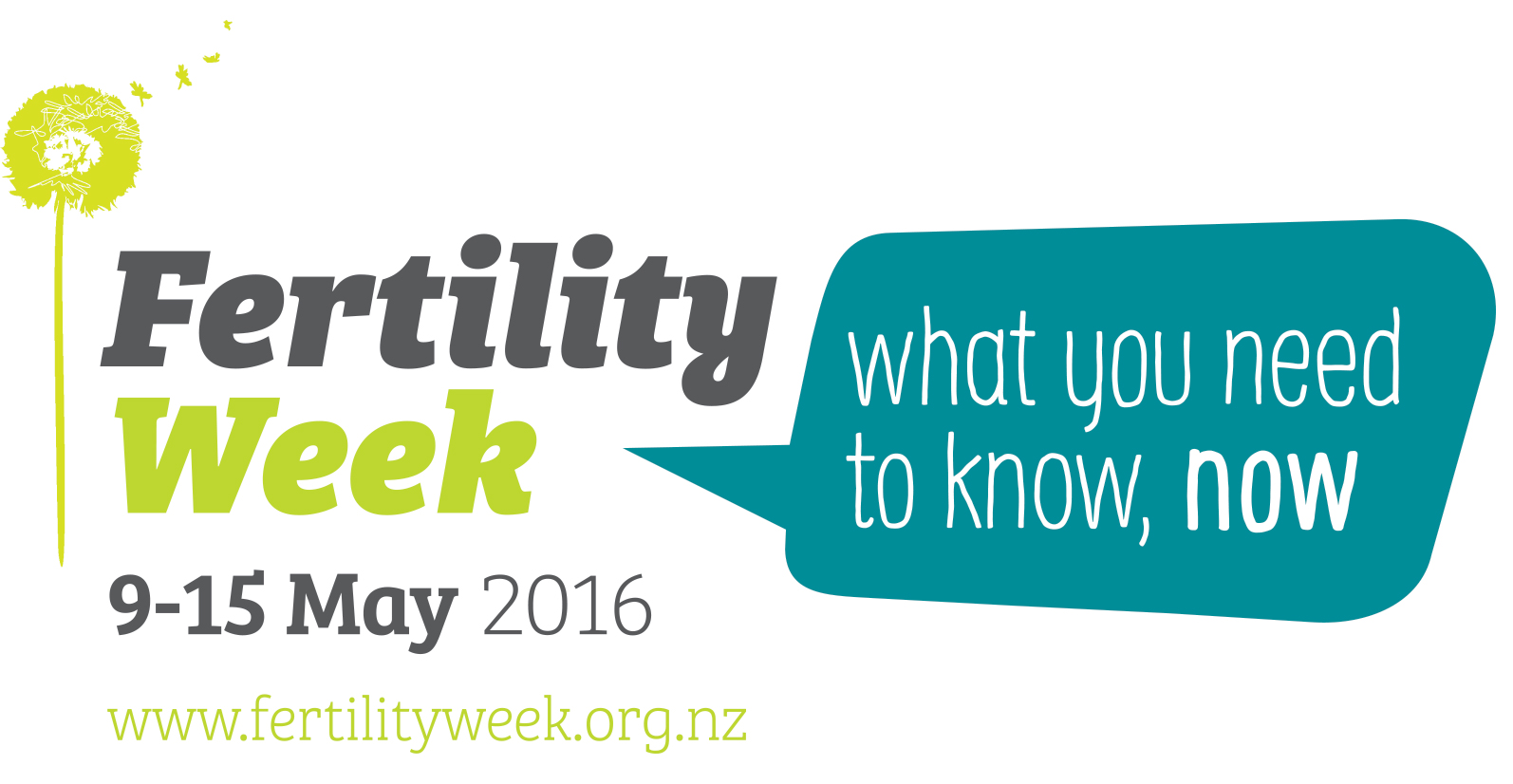News
Nutrition
Eating a healthy fertility diet in the three months preceding conception attempts can help protect and encourage healthy DNA, promote sperm health and encourage and support a healthy libido.
Overweight
There is evidence that both female and male fertility are decreased by being either overweight or underweight. It is recommended that people aiming to conceive naturally or with ART maintain a healthy body weight (BMI between 20 and 25).
During pregnancy, overweight and obesity are associated with increased risk of adverse maternal and infant health outcomes such as increased risk of miscarriage, gestational diabetes, pre-eclampsia, premature births, stillbirths and perinatal mortality. The babies of overweight mothers are more likely to be obese and suffer cardiovascular disease and diabetes as adults.
A 6-month group programme for overweight infertile women, which provided dietary and exercise advice alongside support to make healthy changes, was shown to be effective. The women had an average weight loss of 5 kg and most of the women who did not ovulate resumed spontaneous ovulation.
Obesity in men is associated with infertility by causing impaired semen quality, decreased libido and erectile dysfunction.
It is also of note that women with a BMI of more than 32 must lose weight in order to become eligible for publically funded fertility treatment
Underweight
Low maternal weight before pregnancy and poor weight gain during pregnancy are known to result in an increased chance of pre-term delivery and low birth weight infants. Low body weight can also be a cause of anovulation. Low body weight can often also reflect poor nutritional status which can ultimately affect the health of the pregnancy and baby.
Diet
Recent research suggests that following a Mediterranean style dietary pattern increases the chance of conceiving per month. A Mediterranean diet consists of lots of antioxidant rich vegetables and fruit, whole grains and legumes, mono unsaturated vegetable oils, fish, poultry and dairy products. Transitioning to this diet involves reducing saturated fats and processed foods.
A recent study explored the impact of preconception diet on IVF of women in NZ. It demonstrated that women having IVF have too much saturated fat and insufficient fibre and calcium. Some were not taking enough folic acid and many were not following advice about caffeine and alcohol. This is important, as both may decrease the chance of success in IVF treatment.
